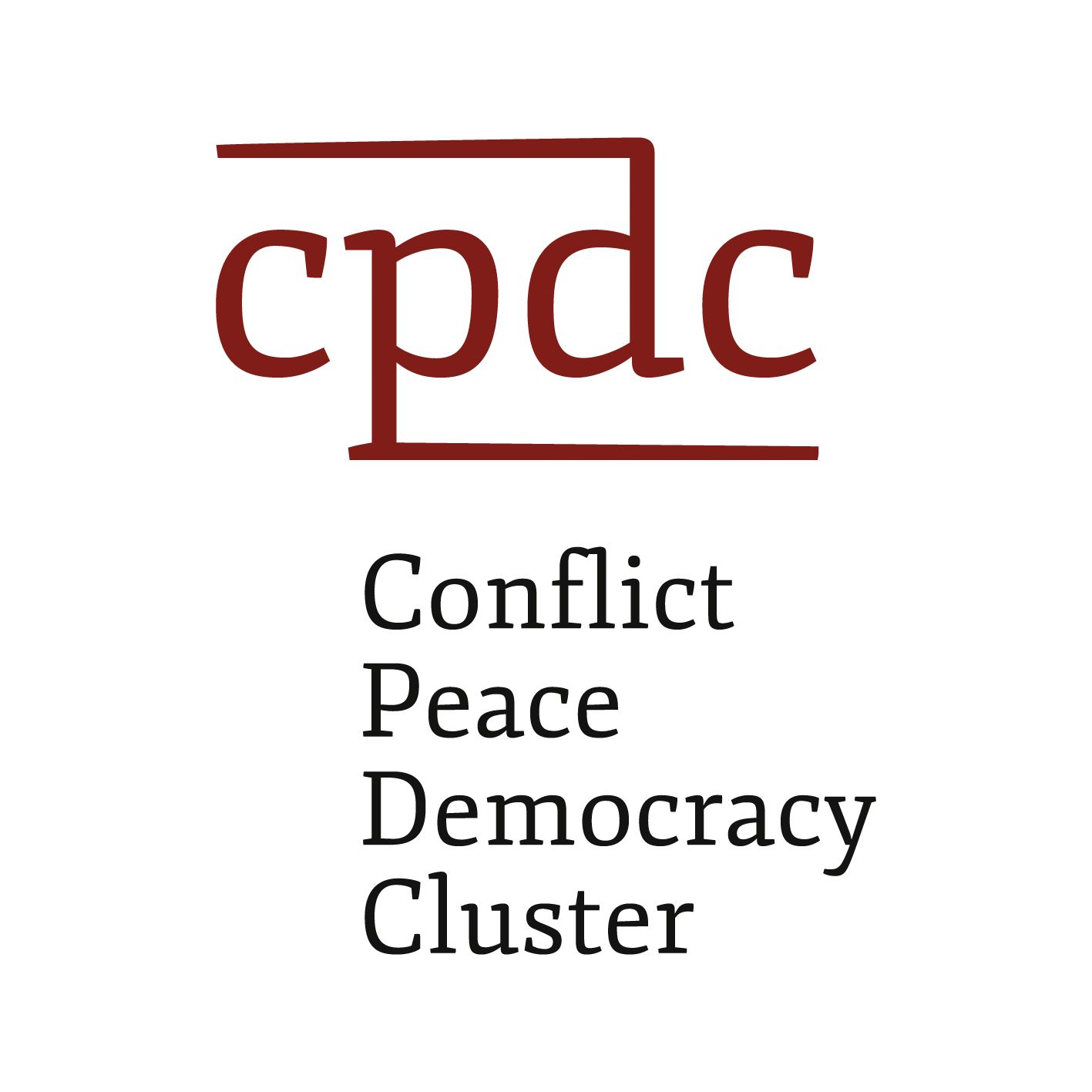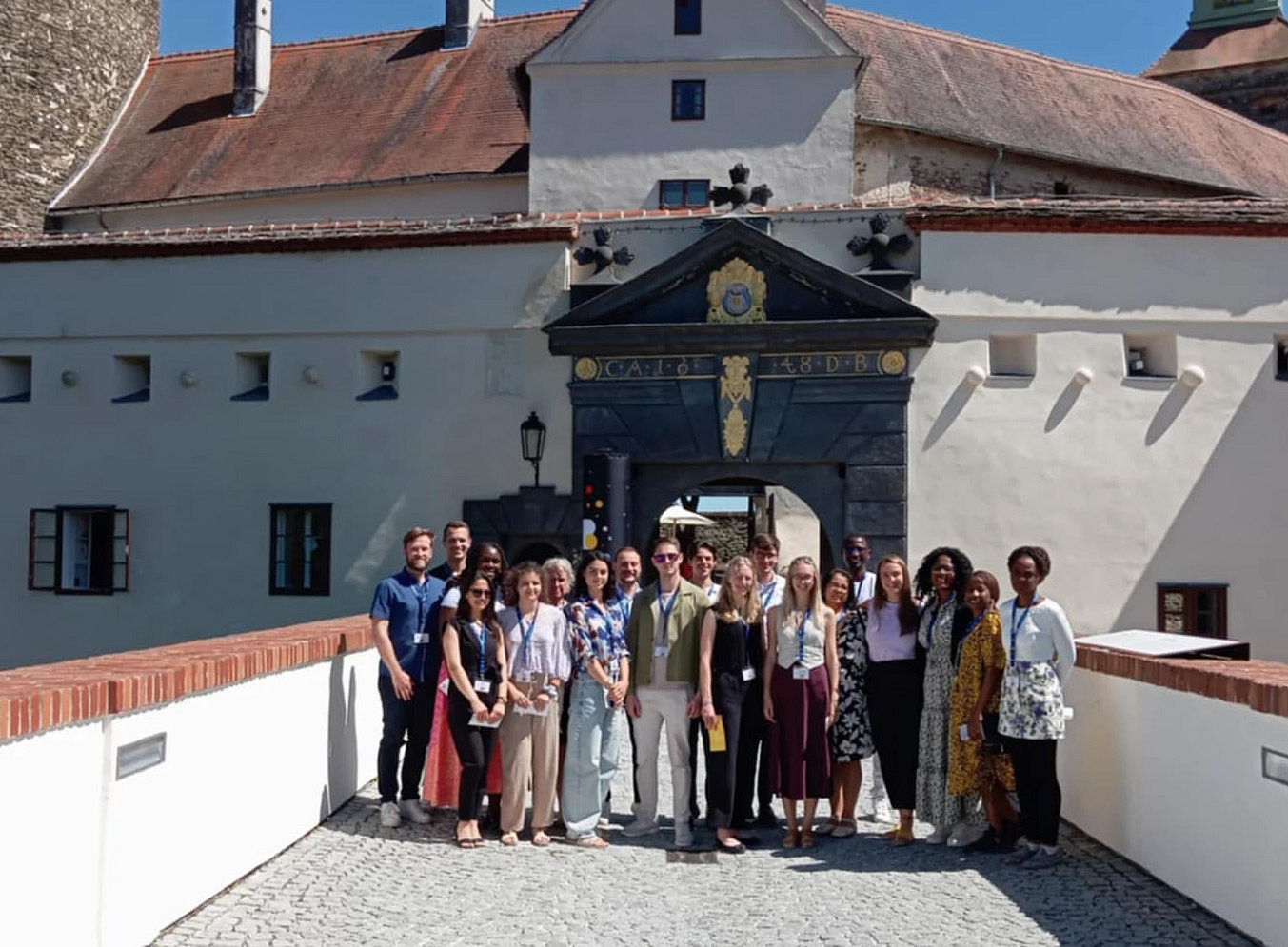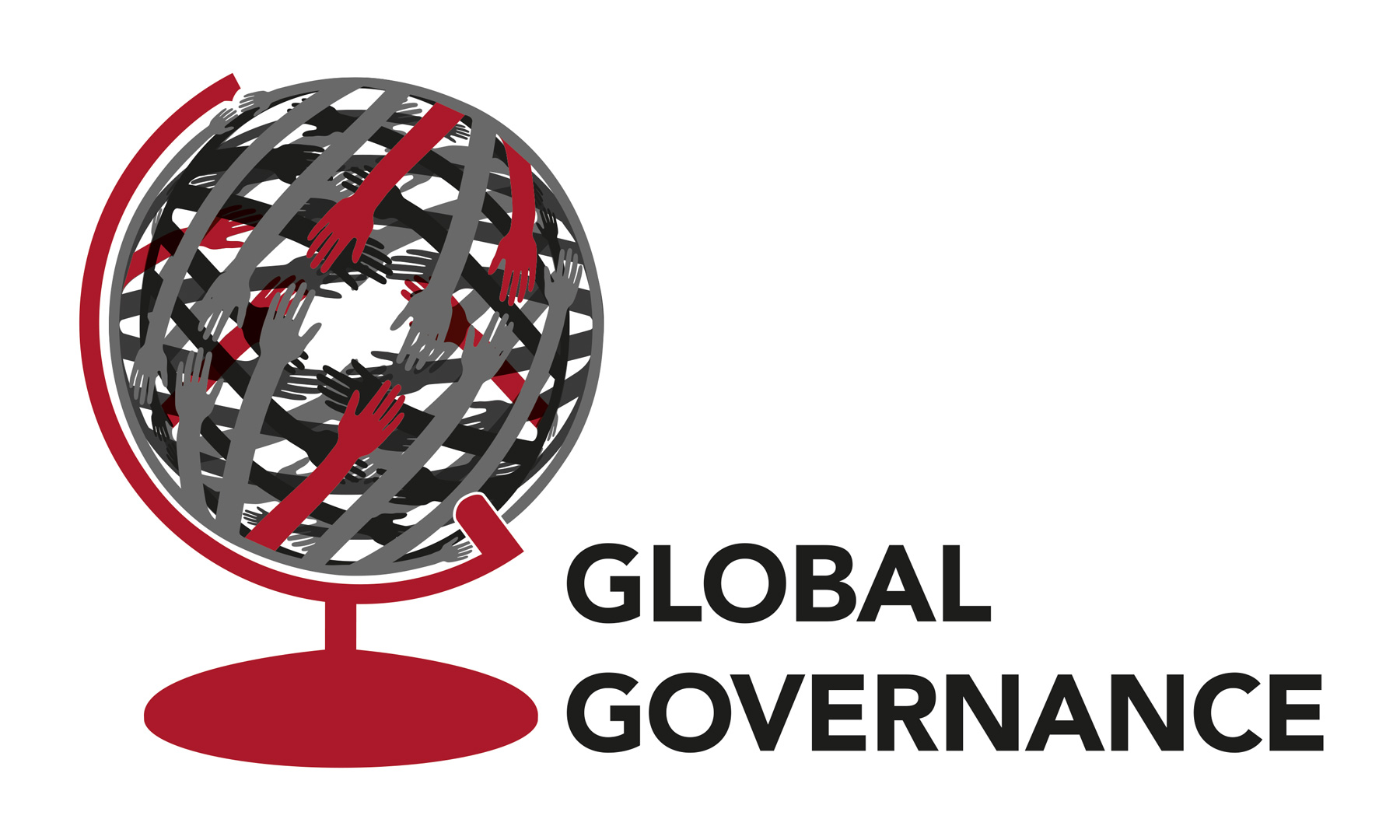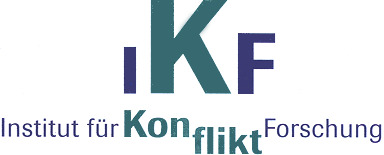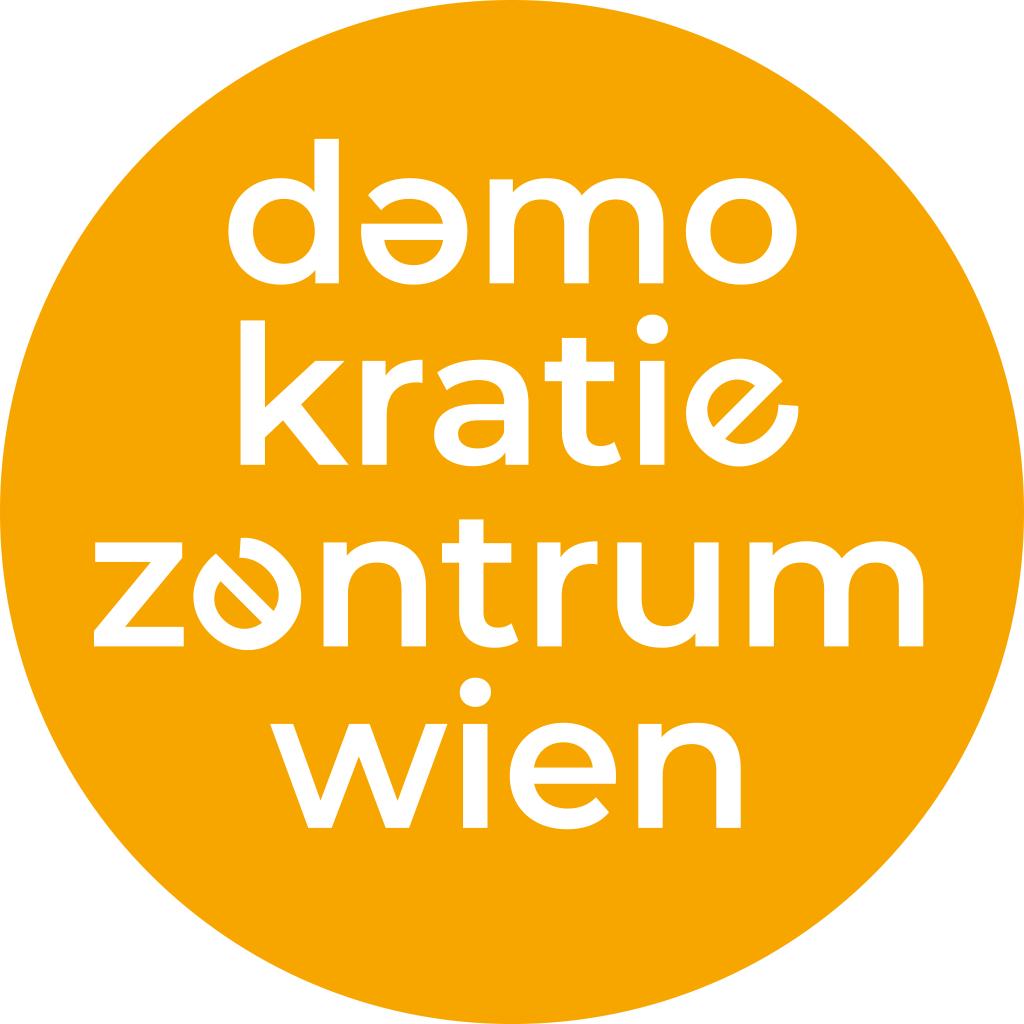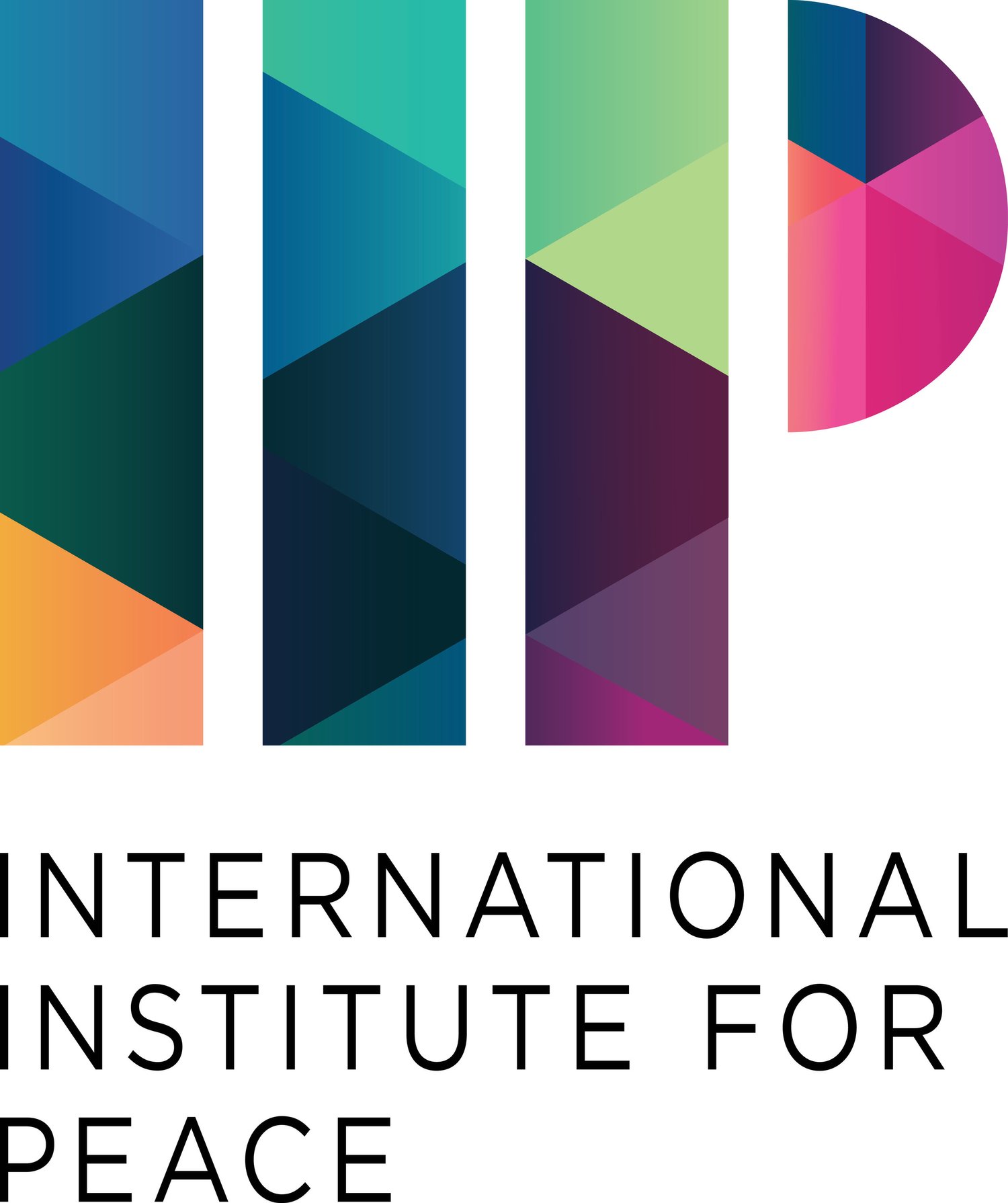Summer School "Climate Peace and Security in Sub-Saharan Africa"
Report by Josef Mühlbauer & Kathrin Maderbacher
Introduction & Conceptual Frameworks
Dr. Maximilian Lakitsch opened the summer school by framing "Climate, Peace, and Security" through the UN Charter (Article 1), emphasizing four integrated approaches: Diplomacy, Peacebuilding, Peacekeeping, and Peacemaking. He explained the key developments of the climate, peace, and security nexus, starting with the Development, Peace, and Security Nexus (UN, 1994), the Women, Peace, and Security Nexus (gender equality as foundational to peace), and ending with the UNGA Resolution A/64/350. The title "Climate, Peace, and Security "derives from the UN Charta Article 1, where peace and security are thought together and can be thought of in the four approaches that were already mentioned in the beginning. The key question for peace researchers is: How does climate change affect peace and security? Due to climate change, we witness a volatile biosphere, which harms resources like soil, water, livestock, etc. This results in a negative impact on society and increases vulnerability. Consequently, the likelihood of conflicts arising over those resources increases, which can lead to more war and hostile actions. In other words, we see a vicious circle. The United Nations was quick to report environmental issues in the so-called Brundtland Report from 1987 and stated that climate change is a risk multiplier in their UNGA Resolution A/64/350 from September 2009.
Lectures & Key Insights
Sophia Stanger: Environmental Peacebuilding in West Africa
Sophia from the Austrian Center for Peace shed light on the key concepts of environmental peacebuilding and shared her experience within the project "Capacity Building for Humanitarian Assistance in West Africa ". Environmental peacebuilding means that climate change affects livelihoods around the globe on a large scale. In consequence, conflict over ever-scarce resources can turn into violence, especially in regions that already experience such crises, e.g., in the global south. Environmental Peacebuilding is a growing and dynamic area of research since it integrates climate and environmental concerns into all aspects of peacebuilding. Through this lens, the focus on climate change could be seen as an opportunity for peacebuilding.
The Capacity Development for Humanitarian Assistance in West Africa – short HAWA aims to strengthen the crisis response in the ECOWAS region with the 3 C approach: coherent, coordinated, and complement. Princella Godzi from the Kofi Annan Training Center (Ghana) and the Austrian Defense Ministry are involved in this project by organizing workshops in Niger, Ghana, Nigeria, Burkina Faso, and other neighboring countries. The aim is to learn from each other and to ensure that women, often marginalized, are involved at all levels of the projects. This region of West Africa deals with regime changes as well as changes in regional cooperation (ECO-WAS), extremism and violence, displacement, climate, and environmental challenges. In this context, the project needs to improve policies on both the local and international levels. Sophia emphasized that harmonization is a key, meaning how the project contributes to a certain topic on those different levels. Actors of the HAWA project need to consider framework agreements, SDGs, and cooperations that operate on a regional basis while balancing the various interests of different countries and stakeholders.
Dr. Nancy Annan: West Africa's Colonial Legacy & Unarmed Civilian Protection (UCP)
Nancy Annan gave an excellent lecture on the colonial past of the Sahel Region and how it still affects politics today. So, one has to consider that West Africa and the Sahel region are topographically very flat and equipped with five climate zones, including a tropical one. That sums up to about eight million km2 and a broad desert, which creates the problem of growing desertification. Africa should be discussed in the context of colonialism, as the "scramble for Africa" began after the Berlin-Africa Conference of 1884.
The principle of effective occupation was a principle that regulated colonial power structures. Hence, European powers demarcated their occupied territories and maintained this power over those countries, and consequently controlled their resources. Such resources, including oil, petroleum, and cobalt, are now subject to a geopolitical struggle over their control. Back then, the key motivation was to expand trade, especially the slave trade, and the expansion of territories. Thomas Jefferson stated that the Berlin Conference was a catalyst for the occupation and colonization of Africa. The only exception was Liberia, where formerly enslaved people from the US established a state. France, Great Britain, and Germany controlled the region of West Africa. This period was followed by three key periods: the independence or post-independence era from the 1950s to the 1970s, the military rule and instability era from the 1960s to the 1990s, and the so-called democratization era starting in the 1990s. In the era of military rule, Ghana alone witnessed four coups d'état. Military takeovers, mismanagement, corruption, and violence characterized that time. Countries have reached the phase of multiparty democratic regimes, but socio-economic, climate, and political tensions remain unresolved. Leaders in this democratic period attempted to change the constitution to allow a third term in power. This is why this phase is also called "third termism". This led to social unrest and more coups d'état, as they were a result of unconstitutional rule. Of the 214 coups d'état that occurred in Africa, West Africa alone experienced 79 of them. The latest ones were those in Mali, Burkina Faso, and Niger. The African Center for Strategic Studies highlights that Russia and China deliberately spread disinformation to gain influence. For example, Chinese companies are involved in the gold market in Ghana. Next to disinformation, terrorism is a key issue in Africa, and almost 20% of all terrorism attacks worldwide happen on this continent. Especially the Sahel region is an epicentre of it with terrorist groups like Boko Hara, the IS, and many more. To give another example, the conflict in Cameroon led to several terror attacks. There are operations against it; former colonial power France executed two operations, Serval (2013-2014) and Barkhane (2014-2022), to push back the terror organizations. The G5 Sahel – five states of this region – also launched a joint mission.
Nancy went on to present the key findings of a project on unarmed civilian protection (UCP). UCP is the practice of civilians protecting other civilians in situations of imminent, ongoing, or recent violent conflict. (Oldenhuis et al, 2015; 2021). Historically, it is linked to Gandhi's "armies of peace", "peace brigades", or "Shanti Sena" in the 19330s. This concept re-emerged through the work of Lisa Schirch on civilian peacekeeping in 1992 and recognition through the UN in 2014. Even though the focus theoretically is on the local people, international interventions still dominate. The components of UCP are the following: Proactive engagement, Monitoring, Relationship Building, Capacity enhancement, and Advocacy.
Local actors and civilians are trying to engage more actively than just monitoring ceasefires, for example, and are building relationships. A case study in Cameroon, which was funded by the Creating Safer Spaces (CSS), addresses the following question: What approaches to and types of unarmed self-protection have been taken by local civilians in the Anglophone conflict in Cameroon? How successful have they been, and how can they be strengthened? The Cameroon conflict can be traced back to their colonial past, as Germany first colonized it (1901-1918), then by British and French mandates (1919-1960). After that, the French-administered Cameroon gained independence in January 1960. Northern Cameroon was forced to decide between joining Nigeria or Cameroon, and ultimately joined Cameroon. Moreover, there lies the conflict potential, as the local population was not asked what form of governance they want, which is the basis of the Anglophone problem. The project regarding this case study had, despite its challenges like vigilantism or intimidation by warring parties, a great deal of successes, as the collective protection is quite effective due to early warning and non-engagement strategies.
Dr. Mamadou Bodian - Polycrisis in the Sahel
The Sahel Region is an area of interest and an area of political tension because of geopolitical interests, resources, climate change, and more. Nigeria is the biggest country in Africa, with around 230 million people, where we can see a rapid growth in population. Keeping that in mind, a change in the demographic, political, and economic challenges emerges. A state needs to respond to these issues and address infrastructure, food, jobs, goods, and many more. A central political challenge is the state's capacity to control its territory, especially in the Sahel region. Artificial borders do not recognize ethnic groups and other local characteristics. A second concern is the nation's identity, which is challenged by different ethnic groups and people speaking different languages. The states are often not capable of securing safety for their own population. This has implications for the legal and power structures of a country. A further challenge is that since the 1990s, Africa has experienced this push for democracy and free and fair elections.
With such institutional forms of democracy, it also comes with values. This crucial transition from a non-democracy to a democracy must survive this phase, even if there are internal shocks. A historical moment was the Malian Crisis in 2012, as it demonstrated the regime's inability to maintain political power and stability. After that, there were many military coup attempts and coups d'état. As soon as the military took power, there were no elections held, even though they were promised. These coups can be a constitutional coup, where the constitution is changed when a party fears losing their power, which we already heard from Nancy, who introduced "Third Termism". Another one is the military coup. For a specific time, they were unsuccessful, which ultimately changed with the Malian crisis of 2012, as security issues emerged and the neighboring civilian regimes could not get hold of it. This triggered a domino effect as military coups also became successful in the other countries, and a new military culture was established. The over-securitization of a state through military power can be seen as a cause.
When we talk about the climate-security nexus in this region, we must address agriculture and agribusiness, and especially the role of cattle. Both are very important, even though their contribution to the GDP is minimal. However, agriculture is dying due to climate change, so small-scale mining is getting more important and is also a recruitment area. The region is under stress as climate change and rising temperatures influence not only the growing desertification. It is warming faster than anywhere else, with more than 7.3 million people affected. In 2024, flooding in Niger resulted in the damage and destruction of over 165,000 houses and a significant number of croplands. This results in food insecurity and fuels tensions and conflicts over distribution. Moreover, forced migration through loss of land, slowed industrial and economic activity due to unreliable hydropower generation, and trade delays due to disrupted road networks are impacted. These challenges, regional instability, armed violence, weak national security systems that are underfunded and overstretch the state power, private militias, massive displacement, gender-based violence, transnational crime, criminal networks, geopolitical tensions, terrorism, and climate change are some challenges worth mentioning.
Climate change plays a crucial role as a "threat multiplier", and everything can be summed up as a polycrisis. To end on a positive note, there are solutions and projects for these various crises. A more famous one is the Great Green Wall, from Senegal to Djibouti, which is considered the most ambitious environmental initiative in Africa. It aims to restore degraded land as well as combat desertification. Also worth mentioning is the Permanent Interstate Committee for Drought Control in the Sahel, which has regional support programs for food and nutritional security, for instance, or access to agricultural and agrifood product markets. Mamadou sums up by emphasizing already existing resilience mechanisms like community-based peacebuilding and mediation initiatives, and recommends focusing on national security, transnational security, and human security.
Lecturer at the Summerschool
Dr Nancy Annan is an Assistant Professor at the Centre for Peace and Security, Coventry University. She holds a PhD in Peace and Conflict Studies and has extensive experience in peace, security, global development, and gender, especially in Africa. Her work spans research, training, and development in several countries. She has worked extensively with civil society groups, academics, regional and international organisations on diverse initiatives, including the EU Horizon 2020 project on PeaceTraining. She previously worked at the Kofi Annan International Peacekeeping Training Centre (KAIPTC) and has authored several publications on peacebuilding, unarmed civilian protection, peace support operations, and women, peace, and security.
Dr Mamadou Bodian was a Researcher in the SIPRI Sahel and West Africa Programme. He is a founding member of the Sahel Research Group (SRG) at the University of Florida, which is a collaborative effort to understand the political, social, economic, and cultural dynamics of the countries of the West African Sahel. Dr Bodian was also a Project Coordinator for the Trans-Saharan Elections Programme (TSEP) at the University of Florida.
